GEM (Gnosticism, Esotericism, Mysticism)
Most of my graduate teaching takes place now in a new program the Department of Religious Studies recently launched. We call it the GEM Program, for its special focus on gnosticism, esotericism, and mysticism. Although there are three similar programs or focuses in Europe (at the Sorbonne, the University of Amsterdam, and the University of Exeter), this is the first and only of its kind here in the U.S. What follows is our official description.
Traditional understandings of religion often focus on events, figures, and ideas that are more or less amenable to orthodox framings of what constitutes religious truth and practice. But what if we do not privilege these public “winning” voices, but look also at those heterodox or esoteric currents of the history of religions that have been actively repressed, censored, or simply forgotten by their respective cultures? What if, moreover, we privilege the psychology and phenomenology of religious experience over the authorial framing of these events by the faith traditions, even as we explore and analyze the profound ways the faith traditions shape these same “individual” experiences?
The comparative categories of gnosticism, esotericism, and mysticism are all modern constructs, each different in nuance, but all designed to ask just these sorts of dialectical questions, to relate orthodoxy to heterodoxy, and vice versa. This area of concentration in the Ph.D. program at Rice University provides students the opportunity to study the varieties and commonalities of gnosticism, esotericism, and mysticism as these phenomena are both shaped within and marshaled outside (or even against) discrete religious traditions. The Department’s approach to the study of gnosticism, esotericism, and mysticism is grounded in the rigorous study of single traditions, to the extent that it demands distinct philological and historical training in particular cultural areas. It is also explicitly comparative, to the extent that it draws on multiple traditions—from Judaism, Christianity, and Islam, to Hinduism, Buddhism, and the New Age—for its comprehensive materials and theorizing.
The goal of the program is to train students to work independently on traditions of their choice and, eventually, to become professors and scholars in the study of religion. To do so, students will (1) become familiar with the histories and nuances of the comparative categories of gnosticism, esotericism, and mysticism in the discipline; (2) gain linguistic proficiency in relevant languages; (3) study primary materials, including texts and practices; and (4) become conversant in the history and material culture of their chosen traditions. The result is a unique community of scholars and graduate colleagues actively engaged in the historical-critical, psychological, philosophical, aesthetic, ritual, somatic, contemplative, and phenomenological exploration of some of the most intense, unusual, and interesting religious phenomena known to scholars of religion.
Faculty Contacts: Marcia Brennan, William B. Parsons, April DeConick, Claire Fanger, Jeffrey J. Kripal, and Brian Ogren.
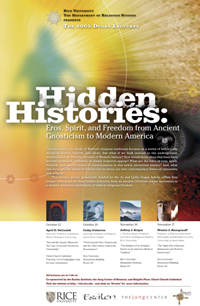 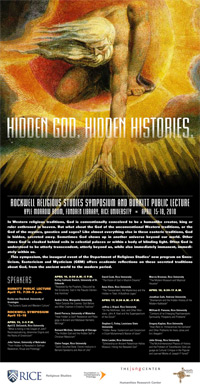 |
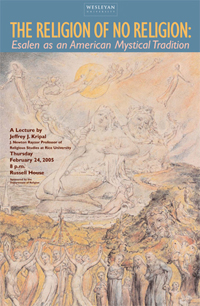 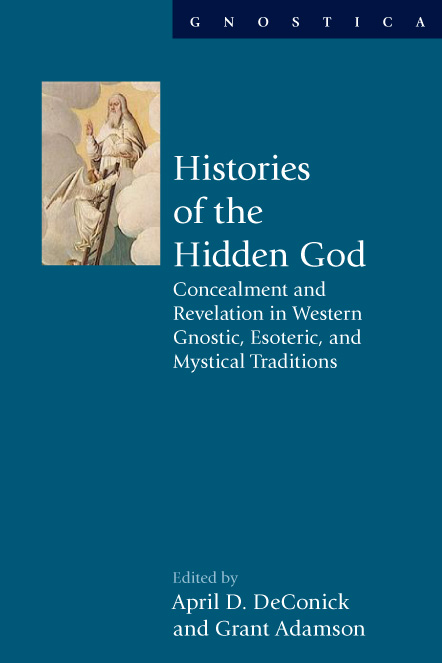 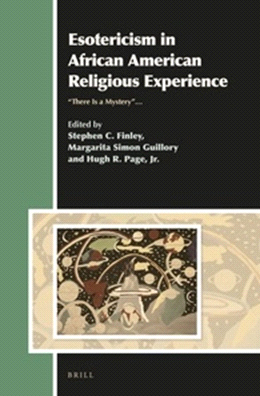
|
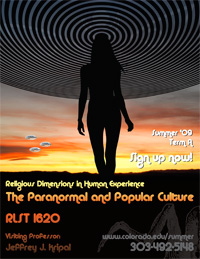 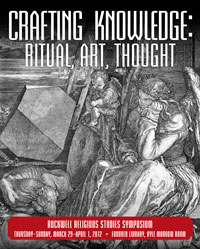 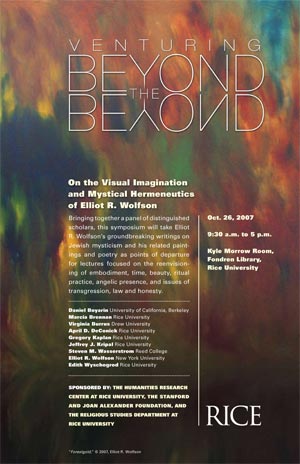 |

